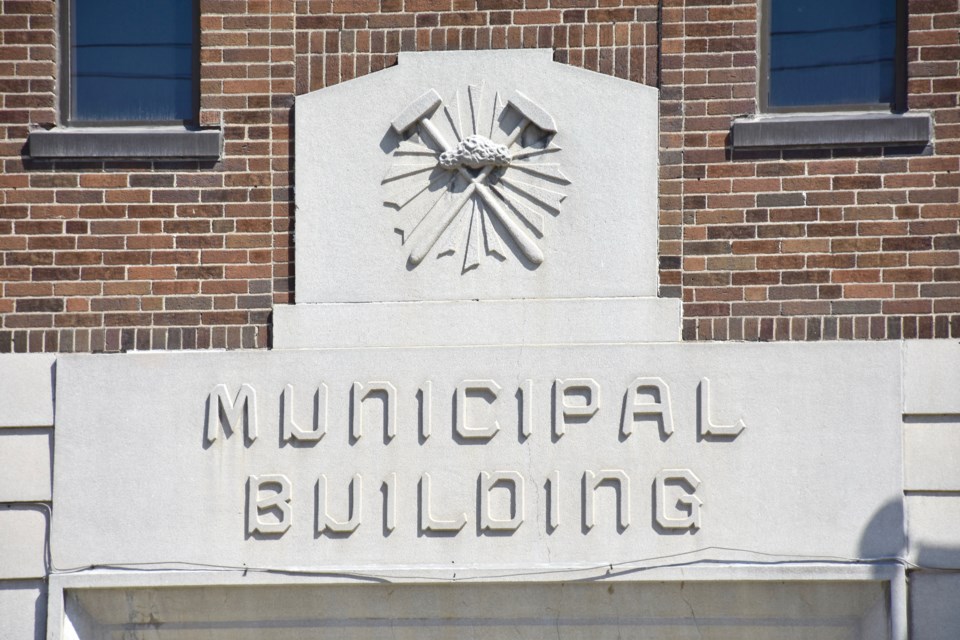At the Indigenous Advisory Committee (IAC) meeting Wednesday, committee members looked back at the progress that was made last year in regards to engaging the local Indigenous community.
In 2019, Timmins council approved the draft Indigenous Peoples Engagement Framework.
This week, CAO Dave Landers asked committee members for input and comments regarding the draft framework.
Landers said he’s hoping to finalize it and bring it to council for formal approval in April.
“It isn’t built in-stone policy. It should be a living document that we will do an annual review (on),” he said. “There are some gaps in here and this group is looking at some of those things. We'll provide advice to council to help move this along with over time.”
The framework has three themes: addressing humanitarian needs, delivering on the calls to action in the Truth and Reconciliation Commission of Canada and re-engaging economic alliances.
At the meeting, Landers also went through a 2020 draft progress report that discusses the framework strategies and highlights what initiatives were put on hold or completed in 2020, and what is still ongoing.
The progress report will also be presented to council at a later date, Landers said.
Last year started off with the pandemic that disrupted a number of activities including Mushkegowuk Cup. However, “much progress” was made in regards to the three framework themes, reads the report.
When addressing human needs, the city hosted 166 evacuees from Fort Hope for 17 days in August, ensuring safety measures were in place and providing 24/7 access to on-site nurses and a physician.
The city worked with the Cochrane District Social Services Administration Board (DSSAB), Living Space, Northern College and Timmins Native Friendship Centre to provide shelter services and cold weather alerts during the pandemic.
The city also lobbied for Mushkegowuk Council’s Fire Keeper Patrol program.
“That’s still sitting out there. It may go forward, I haven’t heard anything formally on that,” Landers said.
In terms of delivering calls to action, the city has participated in the mural project and in the Timmins Economic Development Corporation's Anti-Racism Action Program.
The museum hosted educational events in honour of Treaty Recognition Week. The Indigenous Advisory Committee has been meeting throughout last year, except during the lockdown, and is also moving ahead with taking cultural competency training.
City clerk Steph Palmateer said seven people have registered to take online training to provide their feedback to the committee. The group includes Palmateer, the committee’s interim chair Kristin Murray and some city employees.
"We really wanted those honest opinions from our non-Indigenous staff like, 'Did you learn anything?' I think it was a good way to roll it out," Murrray said.
Palmateer said two people from the group have completed the two-hour training. The initial feedback from them was that the training was valuable and there’s a confirmation once training is completed, Palmateer said.
Once the group completes the training, it will make a recommendation to the committee whether to take the training. If committee members like the training, they will then recommend the training for city employees.
Regarding the economic alliance strategy, city council and Mushkegowuk Council approved the Mushkegowuk-Timmins Relationship Agreement, and an extensive workplan was developed.



